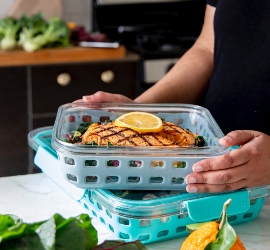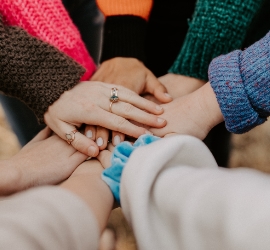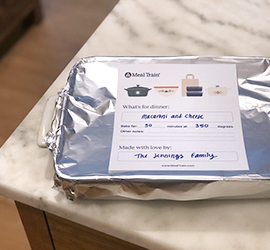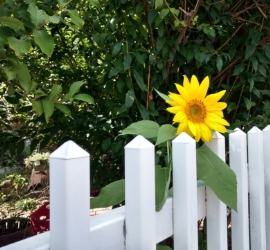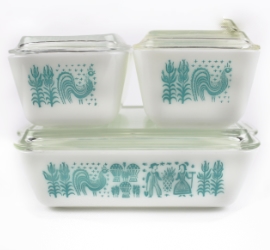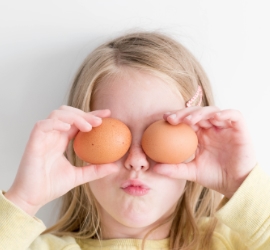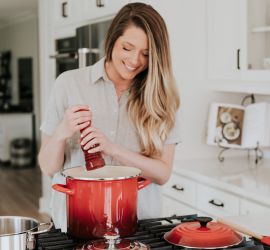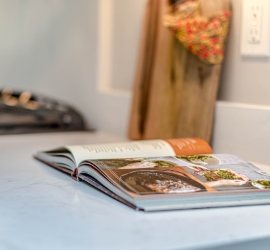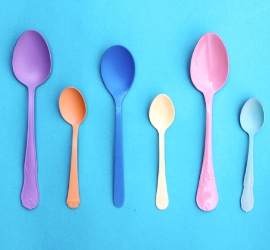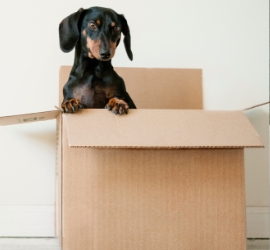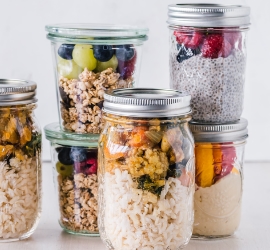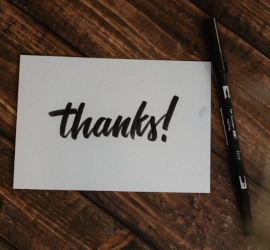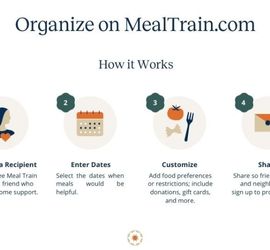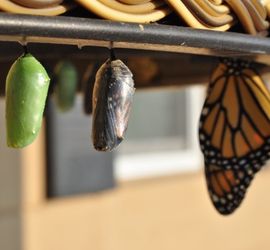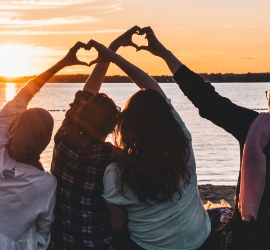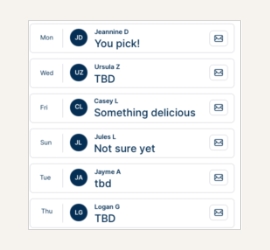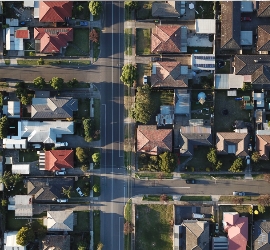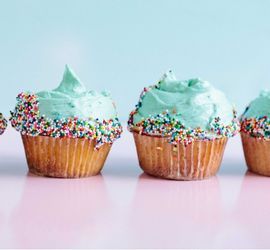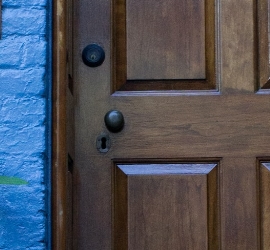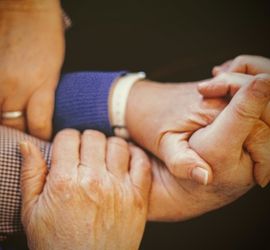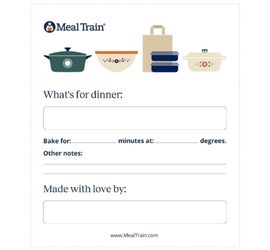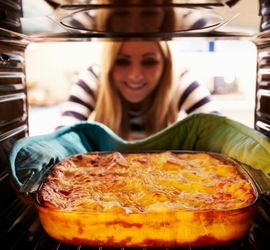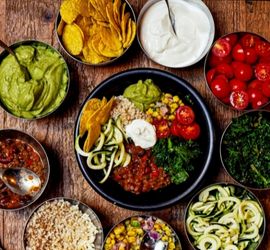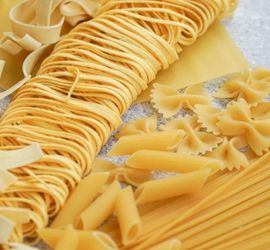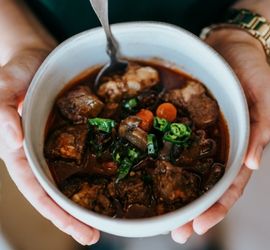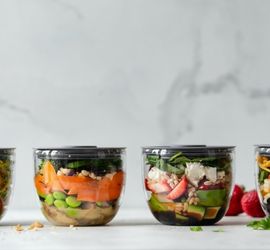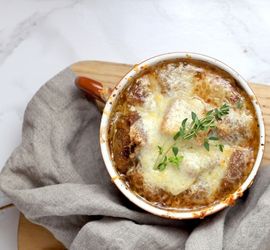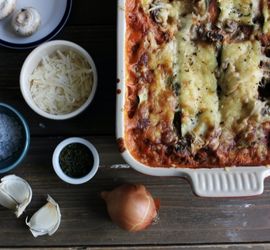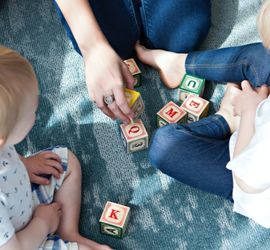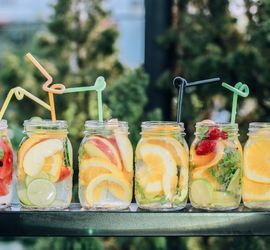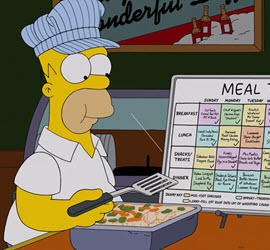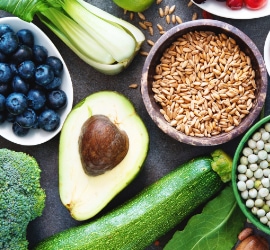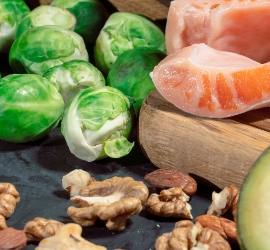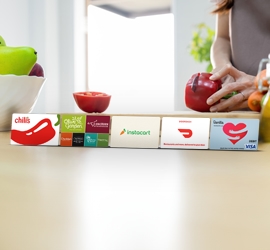To paraphrase the Beatles, sometimes we get high with a little help from our friends. Don’t worry -- the good feelings we’re talking about come from doing good for others, or, as it’s sometimes called, a helper’s high. (Google it!)
Research has shown that helping others releases the feel-good chemical dopamine. When you do good deeds for others, many feel the helper’s high in the hours and days following.
Reports of this phenomenon began in the 1980s. It consists of positive feelings such as generosity and an extended sense of self-favor following selfless acts for others. Greater health and increased longevity are also associated with a helper’s high. It’s true! And an act of kindness, like organizing a Meal Train page, is one way to light up those pleasure centers.
Revel in these emotions
We’ve been told from a young age that doing good for others is supposed to be entirely selfless. You’re not supposed to gain anything from it. But research shows us that this isn’t true. We have the ability to heal ourselves by helping others. The helper’s high is rooted in biology, and you’ll produce a range of emotions that make you feel confident, relaxed, happy, and calm. The next time you organize a Meal Train page or drop off a meal, take a moment to feel those emotions — you deserve that.
Remember how to return to this place
Helping others can counteract the impacts of stress, anger, and anxiety. It can also boost your self-confidence and decrease feelings of loneliness. You may not think of these experiences as opportunities to fight mental illness, but a helper’s high functions that way.
So, if you’re in a place where you need to change your mindset and the chemicals in your brain, look for ways to volunteer and connect. It’s good for you and the community around you.
Reinvigorate a love for helping others
Some people don’t remember how much they love giving of themselves until they’ve experienced the helper’s high again. Once you’ve got dopamine pumping, keep it going.
For example, if you originally got a helper’s high from participating in a Meal Train, you could do one of the following.
- Follow up with the family who benefited from the Meal Train. Ask if you can help in another way like walking pets, picking up kids from school, or doing their laundry. However, if they’ve suffered a serious medical event or another type of crisis, they may deeply appreciate support in another aspect of their life.
- Become an organizer. You know the sensations you felt when you participated. Keep it going by finding someone in your friend group or community and set up a Meal Train page. It only takes a few minutes but the impact will last for a long time.
Take a moment to appreciate the concept and physiological benefits of a helper’s high. Consider organizing a Meal Train page for a friend or family member in need. Set up a free Meal Train page now and make both parties feel great.



